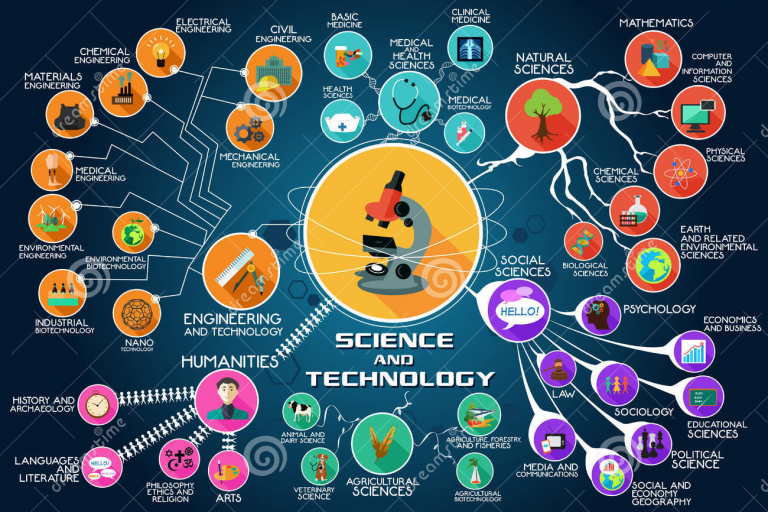
Surveillance capitalism was recently conceptualised by Shoshana Zuboff after she analysed a series of cases and found that technological companies monitor, track, and analyse people’s activities in order to generate profits. It is a phenomenon that has grown to unprecedented levels in the digital age, where companies such as Google, Facebook, and Amazon have used big data and analytics to gain insights into the behaviour of consumers.
The concept is actually not new to Africa and other continents where traditional practices take precedence over modernisation. The concept of surveillance capitalism has its origins in African occult practices. African occultism is a form of spiritual belief that involves the use of supernatural forces to manipulate events for desired ends. It has been practised for centuries, with practitioners using rituals, charms, and spells to influence people’s behaviour and gain power.
Similar to African occultism, surveillance capitalism is based on the idea of collecting data and using it to gain a better understanding of people’s behaviour. Companies use this data to gain insights into how consumers think, how they make decisions, and how they interact with products and services. This data is then used to develop marketing and advertising strategies that are tailored to the individual, as well as to create new products and services.
Register for Tekedia Mini-MBA edition 19 (Feb 9 – May 2, 2026): big discounts for early bird.
Tekedia AI in Business Masterclass opens registrations.
Join Tekedia Capital Syndicate and co-invest in great global startups.
Register for Tekedia AI Lab: From Technical Design to Deployment (begins Nov 15th).
Before the emergence of technologies such as social networking sites and pre-colonisation eras, African traditionalists gained customers without spending much time or financial resources because the number of people who believed in them (diviners and herbalists) was greater than what is available currently. Modern religions have partially shaped the beliefs of many Africans. This does not mean that there are no people who still patronise traditionalists for various purposes.
Connecting this with technology use nowadays, it could be said that technological companies are also enjoying the same smooth path to gaining customers because people want to solve their challenges using objects, tools and machines that would deliver better outcomes in a jiffy. Everyone is producing socioeconomic and political data, consciously and unconsciously, on different platforms for developers and businesses for further commodification and commercialisation. This has really made surveying simple for both technological companies and African traditionalists.
Diviners and healers are now using various methods to create personalised digital profiles of their clients. This is similar to how digital surveillance capitalists create personalised digital profiles of their users in order to target them with personalised ads. Our analyst had experienced cases where traditionalists in south-west Nigeria sent incorrect credit PINs to mobile lines of potential customers and later called the lines, saying it was a mistake that they wanted to send it to their loved ones. If the receiver said the number had not been used and that they should send it to the right person, appreciation followed. However, some minutes later, a call will be made for continued appreciation and the possible offering of some of their traditional services to the person.


